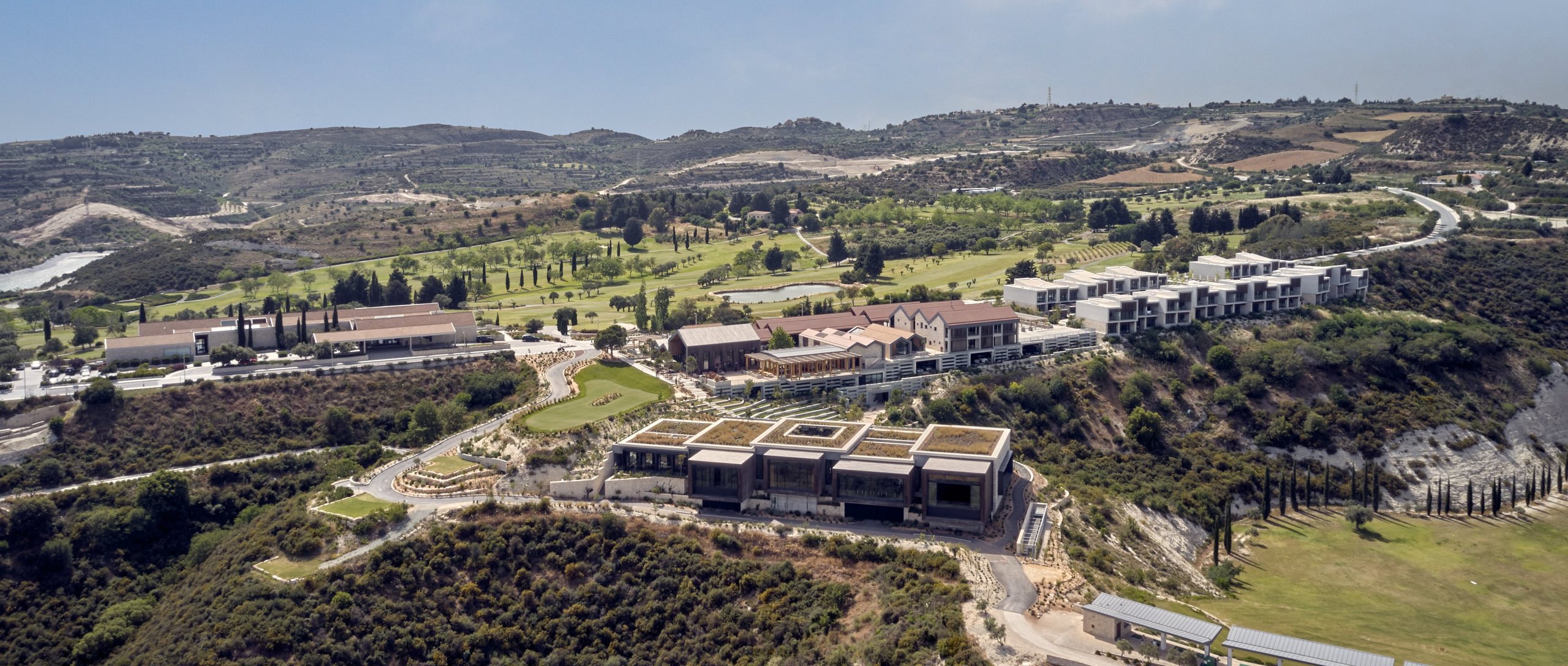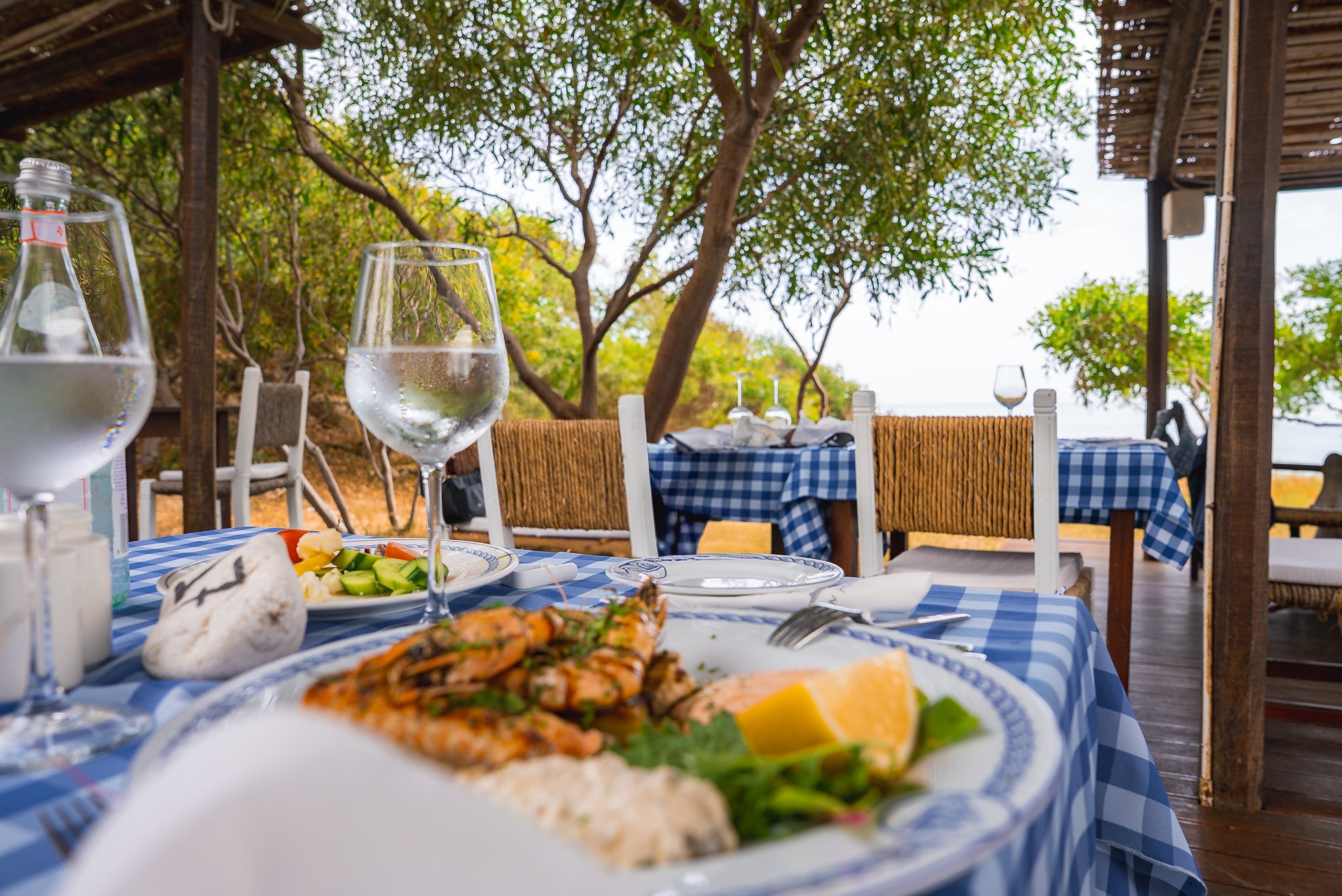Cyprus is an attractive choice for international property buyers thanks to its warm Mediterranean climate, relatively low cost of living and welcoming lifestyle. However, while it’s perfectly legal and generally safe for foreigners to buy property in Cyprus, there are several financial, legal and practical risks that you need to be aware of before committing to a purchase. the good news is that all of the common pitfalls of buying property in Cyprus are avoidable with a little preparation.
Here we outline the most common pitfalls buyers face – and how to avoid them with the help of trusted professionals.
Contents

Legal risks for foreign buyers
Purchasing property in Cyprus involves signing binding legal agreements and transferring significant sums of money. While the system is designed to be transparent, legal oversight is vital. This is particularly true for buyers from outside the European Union. British nationals, post-Brexit, now require a visa if they plan on living in Cyprus for more than 90 days within a 180-day window.
One of the biggest mistakes a buyer can make is using the developer’s in-house lawyer or a conveyancer working on behalf of the estate agent. This may pose a conflict of interest. Always appoint an independent lawyer who acts solely for you, ideally one who is fluent in English, registered with the Cyprus Bar Association and well-versed in property transactions involving non-residents.
An experienced property solicitor can advise you on restrictions for certain types of property (such as those near military bases), outline your responsibilities as a buyer, and assess any plans you may have for renting or renovating the property. If you’re purchasing jointly or planning to leave the property to heirs, they can also help structure joint ownership or advise on inheritance rules.
For a closer look at the purchase process, claim your free copy of our Cyprus Buying Guide:
Download the Cyprus Buying Guide
Unexpected costs and property taxes
Cyprus offers attractive property prices, but many buyers underestimate how much the full process will cost. On top of the agreed sale price, expect to spend around 8–10% extra in related fees and taxes. These costs include stamp duty, legal fees, transfer fees, title deed charges and potentially VAT (Value Added Tax).
VAT is an area where confusion often arises. While most resale homes are exempt, new build properties usually incur either the standard 19% VAT or a reduced 5% VAT under certain conditions – such as if the home is your main residence and you commit to living there for at least 10 years. However, rules may shift in 2025, so always double-check the conditions with both your lawyer and accountant. For reliable information, see the official VAT department of Cyprus.
Failure to factor in these costs early can lead to cashflow issues at completion. Always request a detailed breakdown of all potential fees from your solicitor at the point of offer or before.
Currency volatility and financing
If you are buying in euros but earning in another currency (such as British pounds or US dollars), currency movements can expose you to financial risk. The sale price in euros won’t change, but the amount you actually pay in your local currency can vary greatly depending on the exchange rate at the time of each payment.
As the contract process in Cyprus often spans several weeks or months, even small shifts in the exchange rate can add thousands to your final bill. This risk became clear in the past when buyers took out Swiss franc mortgages to purchase property in Cyprus, then faced difficulties when the currency appreciated sharply.
To reduce this risk, work with a currency specialist instead of relying on a high-street bank. We would recommend talking to Smart Currency Exchange. A reputable foreign exchange company can help you lock in a rate using a forward contract, ensuring your budget stays fixed even if the market moves. These providers can also set up automatic alerts and help you transfer funds faster and more securely when required.
Property condition and surveys
Some international buyers assume that new or refurbished homes don’t require inspection. Others skip surveys to save time or money. This can be a costly misstep – especially in a country like Cyprus, where building regulations vary and the climate can take a toll on structures over time.
The Royal Institution of Chartered Surveyors (RICS) operates in Cyprus, enabling buyers to commission independent surveys that assess the condition and value of the property. This is highly recommended when purchasing older homes, rural property or anything that has been unoccupied for long periods. Drought, humidity and earthquakes can all affect the long-term stability of buildings.
Before making an offer, speak to your solicitor about including a survey clause in your agreement so you won’t be financially tied to a purchase if the home turns out to have structural flaws or repair issues. RICS-accredited surveyors can also provide reports useful when negotiating on price or for planning future renovations. Their services are listed at RICS Cyprus directory.
If you would like to know more, these are the fundamentals of getting a property survey in Cyprus.
Dangers of buying off-plan in Cyprus
Buying “off-plan” – where the property is not yet built – may offer lower prices and the appeal of a brand-new home. However, the risks are higher, particularly if you’re dealing with an unfamiliar developer or buying without using a buyer’s agent.
Common issues include construction delays, materials shortages or changes in building regulations. As a buyer, you’ll typically pay in stages based on the construction timeline. That means paying a deposit first (often 10–30%) followed by staged payments linked to key milestones. If developers run into financial trouble, you may struggle to recover your money.
There’s also a risk that the finished home may not meet the advertised specification. Ensure that all design features, materials and appliances are specified in writing. Include completion deadlines and penalty clauses in case of delays. Your lawyer must review these closely. Cyprus has improved protections for buyers in this area over the past decade, but challenges can still happen.
Off-plan homes may take longer to get title deeds too. Without these, you cannot easily sell or transfer the property. Confirm when the title deed will be issued and insist that the developer is up to date with their financial and legal obligations before you sign anything.
Ensuring your investment stays safe
Property in Cyprus can be a valuable long-term asset, whether for holidays, full-time living or rental income. But protecting that investment means building a strong, trustworthy team to support you through the process.
At a minimum, this team should include:
- An independent, English-speaking property lawyer
- A licensed estate agent with experience in your chosen region
- A currency transfer specialist to help manage exchange risks
Depending on your plans and the complexity of the transaction, you may also want to consult a bilingual mortgage adviser, RICS-accredited surveyor or property management firm. If you’re buying for investment, consider working with a local accountant to ensure tax efficiency and compliance with Cypriot rental laws.
With the right knowledge and expert guidance, buying in Cyprus can be both enjoyable and financially rewarding. For tailored support and help connecting with verified experts, speak to one of our property consultants today.
Being aware of the risks means you can plan for them – and avoid expensive surprises. For more guidance on a smooth purchase, explore our step-by-step guide to buying a property in Cyprus. You can also learn about property taxes in Cyprus or get expert tips on all aspects of buying abroad.
FAQs about property risks in Cyprus
Yes, Cyprus is a safe place to buy property as a foreigner, with a well-established legal system. However, buyers should always appoint an independent solicitor and avoid using the seller’s or developer’s legal team to avoid conflicts of interest.
Unexpected costs like VAT, title deed delays, and currency exchange fluctuations can significantly increase the total price. Always budget an additional 8–10% above the property price and work with a currency specialist to manage exchange risk.
Yes. A professional survey is strongly recommended, even for newer or renovated homes. Surveys help reveal structural issues, water damage, or safety concerns – especially important in older or rural properties affected by weather or seismic activity.
Off-plan purchases can offer savings, but they carry risks such as build delays, design changes, or title deed issues. To reduce risk, insist on a clear contract, review the developer’s history, and ensure your funds are protected with a bank guarantee.









